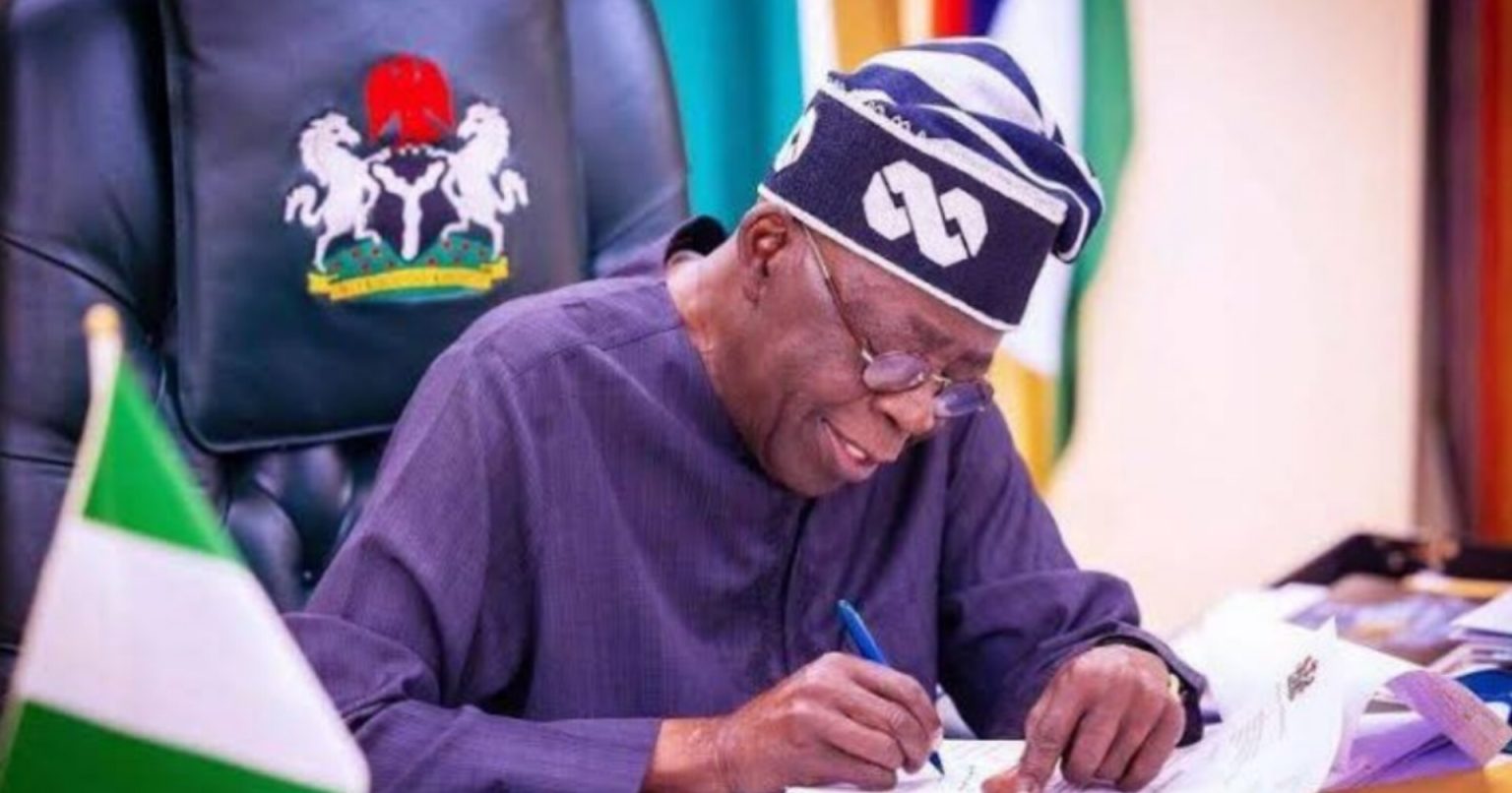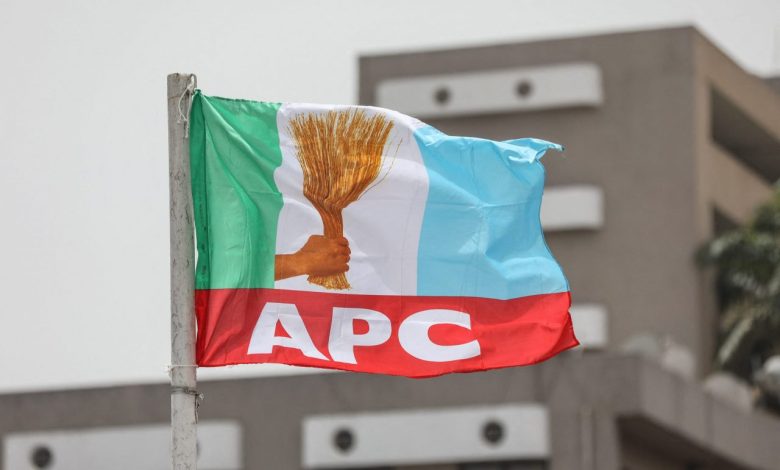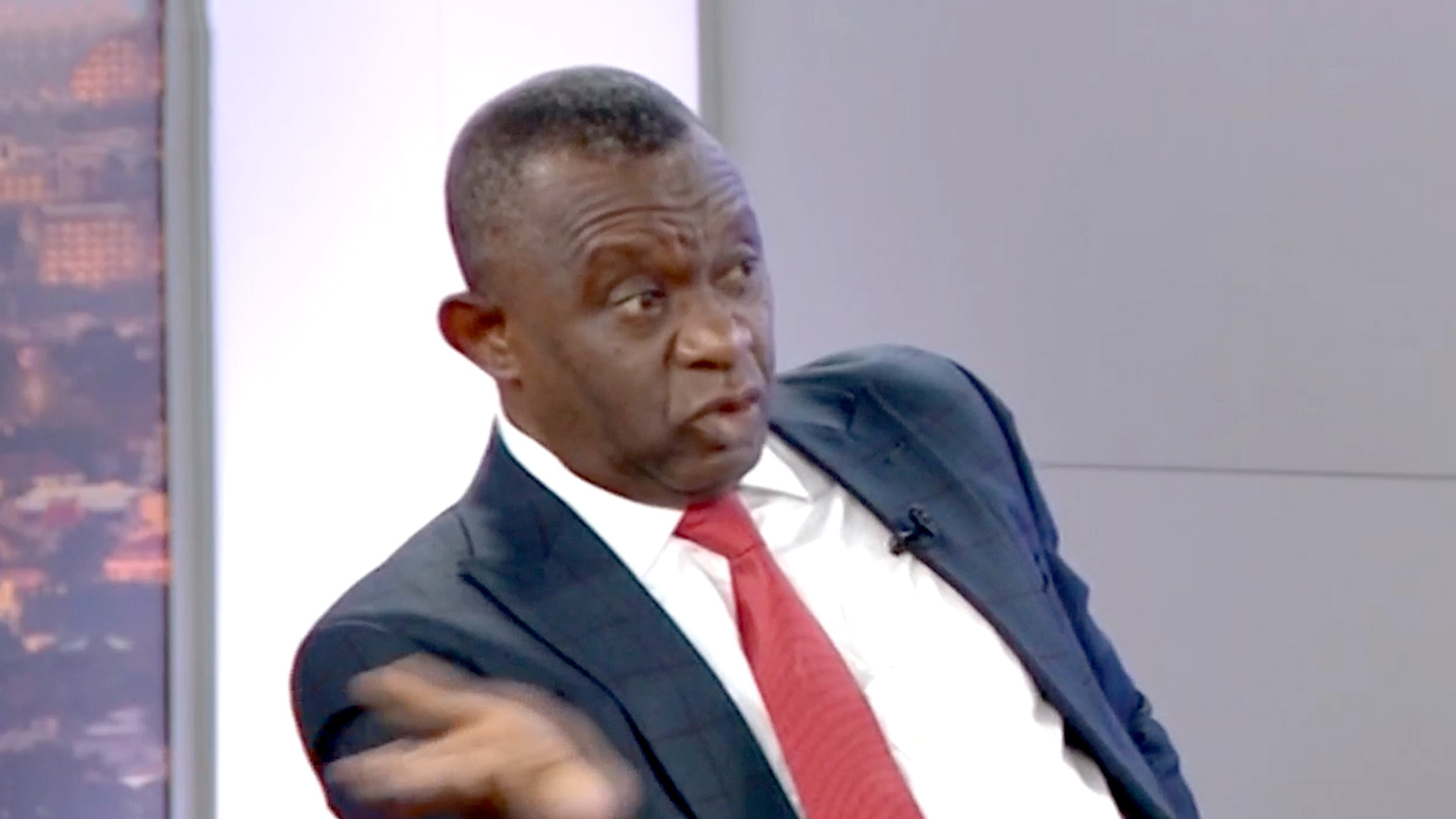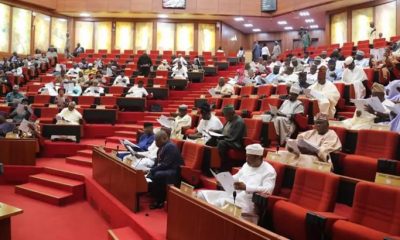Economy
Economy: Don’t blame Tinubu for current challenges – APC Professionals Forum

The All Progressives Congress (APC) Professionals Forum, has urged Nigerians not to blame President Bola Tinubu for the current economic challenges facing the country.
The Forum Board of Trustees (BOT) Chairman, Dr Isa Yuguda stated this during the first edition of the Asiwaju Scorecard Series in Abuja on Tuesday.

According to them, President Tinubu met a very bad economic situation that would have worsened if he didn’t handle it well.
“The President did not create any of the problems people are talking about whether in the economy or in the other sectors. Infact what he met on ground would have created a worse situation if not properly handled but he is championing reforms that are required to pave way for a better society”, he said.
Speaking on the controversial fuel subsidy removal, he re-emphasised that the President did not remove the subsidy on fuel as it was not part of the 2023 budget.
“We all recall how on assuming office, President Tinubu announced the removal of fuel subsidy but again for the avoidance of doubt he did not remove subsidy on PMS. It was not in the later part of the 2023 budget but surprisingly the Tinubu administration has had to bear the brunt for subsidy removal.
“Let me quickly add that my opposition to fuel subsidy has been well documented since the Goodluck Jonathan years when as chairman of a subcommittee on the economic meltdown, we recommended its removal after a discovery of the scam being perpetrated in the name of fuel subsidy. A recent study also showed that inspite of the COVID-19 lockdown of 2020, Nigeria still paid billions of naira for fuel subsidy even though in reality, domestic fuel consumption was very low.
“Indeed, the President has today been proved right with the manner petrol importation has gone down by 50% since June 2023 and it is almost certain to go down more in a few months when the 650,000 barrels per day Dangote Refinery begin to produce PMS locally as well as the impending resumption of production at the Port Harcourt and Warri Refineries.
“If any Nigerian is still in doubt about how payment of subsidy has over the years strained the country’s resources, they must have seen how the subnationals now receive more than double what they used to get from Federation Account Allocation Committee (FAAC)”, the Forum added.
Dr. Yuguda commended the present administration for the impact of its policies, stating that the Federation Account Allocation Committee (FAAC) made the highest disbursement in its history in April 2024.
“At the last FAAC meeting, the total distributable revenue for April 2024 was N1.2trilllon, the highest ever disbursement in history. This time last year in the subsidy era, what was shared was N655.8bn. So the subnationals especially are receiving double their previous allocations and therefore have more funds for critical infrastructure and should be doing more to provide succour to the people.
“The reform-minded Tinubu administration also unified the exchange rates which inevitably sent those benefiting from arbitrage out of business. And of course, it did not take before Nigeria began to reap the benefits as the economy grew by 3.46% in the fourth quarter of 2023 compared with 2.54% in the preceding quarter. Also Capital importation was up by 66% in Q4 of 2023 compared to a 33% decline in thr previous quarter.
“Let us not forget how oil production has grown steadily since the second quarter of 2023 from 1.22m barrels per day to 1.55m barrels per day which means additional resources even as non-oil revenue continue to rise as a result of financial re-engineering of the Tinubu administration.
“There was a time, specifically in the first quarter of 2023, when debt service went from about 95% of the nation’s revenue to 183%, according to data from the Budget office, even though our debt-to-GDP ratio looked good. Today, Nigeria’s debt service-to-revenue ratio has dropped to about 66.9% which is the lowest in four years. This is largely due to fuel subsidy removal and the unification of the foreign exchange market, which have not only increased revenue inflows but also ensured the allocation of more funds for capital projects”.

























